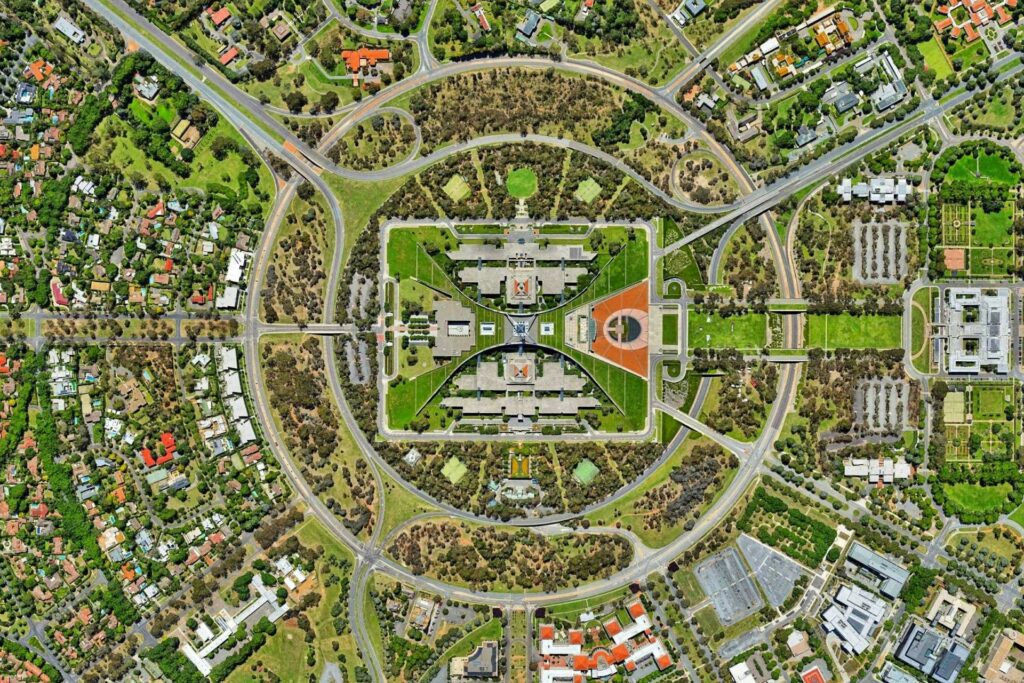2022–23 Budget proposals
- Improve responses to family and domestic violence by building and scaling up investment in health justice partnerships.
- Build on the existing investment in adult mental health by embedding legal assistance in Head to Health sites.
- Support closing the gap through community-led health justice partnerships that contribute to the health, wellbeing and justice outcomes of Aboriginal and Torres Strait Islander peoples.
About these proposals
These proposals are fully developed and costed proposals that draw on our previous pre-Budget submission for 2021-22 and input into other policy reform processes. They can be adopted immediately and are urgently needed to address the increased complexity of problems caused by the COVID-19 pandemic. They also provide a foundation to support the major policy and services reforms already underway. By improving capability and intervening earlier in addressing complex needs, these measures are a cost-effective way to respond to workforce shortages and unmet demand from patients and clients in health and legal services.
These proposals are designed to improve health, justice and wellbeing outcomes of individuals and families facing complex health, social and legal need. The need for cross-Government investment reflects these Government objectives extending across multiple portfolios and policies.
Each of these proposals to support service improvement includes a component for building the capability for cross-sector collaboration. This capability is a necessary foundation for the success of each proposal.
In this submission, we provide costings for four years to align with the Federal Budget process. The exception is for the third proposal, which endorses a primary proposal (and alternative timeframe) by the National Aboriginal Community Controlled Health Organisation (NACCHO). Our submission focuses on the costs only for our contribution to the NACCHO proposal, with NACCHO providing overall costs in its submission. In general, we see long-term, sustained funding as foundational to the effectiveness of service and system collaboration in response to complexity.
The case for cross-sector collaboration and partnership
Collaboration is key to health, human, and legal assistance service reforms
There are many people in Australia who are dealing with multiple and intersecting health, legal and social problems at the same time. Yet health and legal assistance services are often poorly equipped to work together around the complexity of these problems in people’s lives.
Health and legal service systems are governed by different political, policy and funding structures. They have their own policies, processes, technology and ways of thinking. These structural factors make it difficult for health and legal services to identify and work together effectively on shared goals.
In recent years, there has been a growing consensus that services should be ‘person-centred’. This requires services to reshape themselves around the needs of the communities they are there to help and multiple plans, frameworks and strategies prioritise strengthening service collaboration to this end.
Health justice partnership is an established and successful model of collaboration
Health justice partnership is an innovative, place-based, and person-centred service response that places legal help in healthcare settings and teams to support people with intersecting health, legal and social problems. These intersecting issues create barriers to health and wellbeing and hold people in cycles of disadvantage and struggle.
Health justice partnerships:
- reshape services around the person and provide support in the places people need it, making it easier for people to navigate complex systems as they search for help
- are place-based and have developed out of evidence about the multiple, intersecting problems in
people’s lives that hold them in disadvantage - build the capability of practitioners in health, legal and social services to respond to complex problems within the communities they support.
There are 109 health justice services in Australia. Our first two proposals seek to build on this established service model in priority policy areas of domestic and family violence and mental health, where health justice partnerships are already proving successful.
Our third proposal supports the leadership of Aboriginal and Torres Strait Islander community-controlled organisations in the development of holistic service responses that improve community health, wellbeing, and justice outcomes.
Investing in building the capability for collaboration and partnership
Effective collaboration requires investing in capability
The proposals in this submission include building capability for collaboration and partnership. This is an integral element of each proposal, and is essential to the success of collaborative service models.
Successful collaboration requires a key ingredient: partnership. Partnership is a response to complexity and requires a range of processes, relationships and capabilities to work successfully towards shared goals. All of this requires sustained investment to build relationships between the health and legal team, and the capacity to build trust and work collaboratively with people needing help. For example, partnerships can build capability across workforces, so that health workers can better identify and respond to legal need and lawyers can better identify and respond to the health needs of their clients.
Investing in building the capability to collaborate is a cost-effective measure that can:
- enable services to coordinate more holistic and effective care for people with complex needs
- reduce inefficiencies caused by siloed services systems, enabling services to do more with what they have
- invest in and sustain workforce capability, by improving the capacity of sectors to identify and respond to complex need
- help seed cultural change and create champions across services as a foundation for major systems reform.
The need to invest in this capability has become urgent with the disruption and stress placed on health and legal services, and the people who work for them, by the COVID-19 pandemic. This stress comes at a time when governments across Australia are also undertaking necessary, and necessarily disruptive, service reform. Building the capability of frontline practitioners to collaborate as part of the pandemic recovery will help those services to meet the needs of the communities they serve.
Health Justice Australia is uniquely positioned to build capability for service collaboration. We have experience and expertise in:
- building capacity to assess legal need within priority locations
- identifying potential partnership service models in response to identified needs
- providing dedicated support to build capability of practitioners and service leaders in each partnership
- connecting services into local communities of practice and a national network of peers to drive learning and service effectiveness
- developing and implementing shared and comparable outcomes measurement across locations.
This work is integral to our mission to support the effectiveness, sustainability and expansion of service responses that improve health and justice outcomes. As a non-profit with specialised expertise, we are ideally placed to build the capability for service collaboration. We also use this experience to inform data, research and evaluation to support building an evidence base on ‘what works’ in responding to complex need.
Health Justice Australia has previously provided to the Australian Government detail on the costings and activities for this crucial work in building the foundations for successful partnerships for the first two proposals in this submission. We welcome the opportunity to discuss these proposals further.






